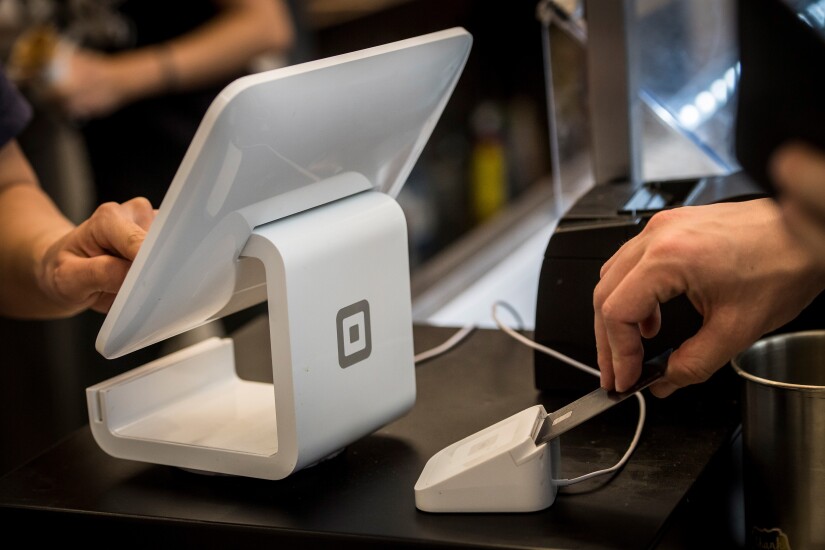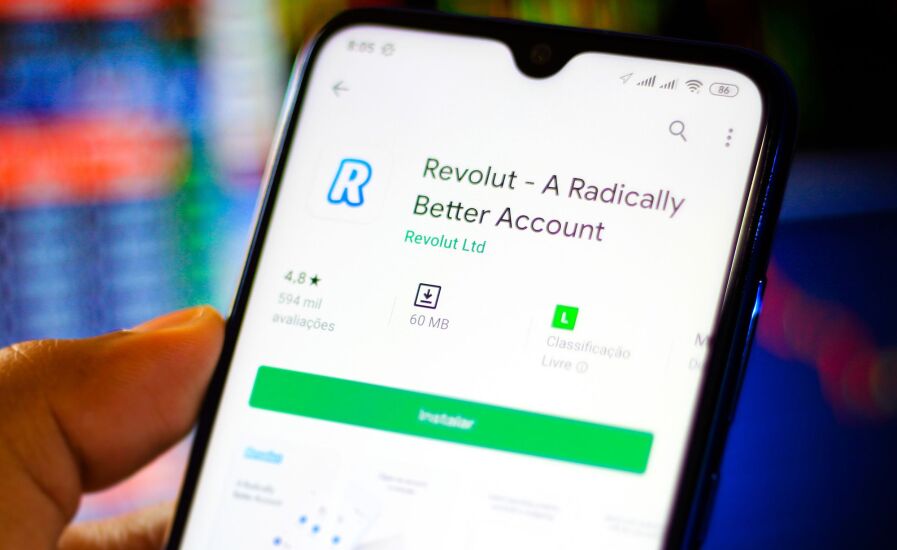Small businesses have been throttled by the pandemic, supply-chain glitches, labor shortages and inflation, yet the category as a whole has shown a resilience that makes it ripe for new financial services.
"We've noticed more small businesses getting formed, and they're looking for a way to manage their business in a single location," said Gina Taylor, executive vice president and general manager of business blueprint and banking for American Express.
The number of small businesses in the U.S. reached 33.2 million in 2022, according to the
Small businesses also do most of the hiring. Eighty percent of the 10.3 million job openings in the U.S. at the end of 2022 were at businesses with fewer than 250 employees, according to the
Demand has been rising constantly among business owners over the last few years to be able to meet their customers where they want to make purchases, which means accepting card payments online, sending out electronic invoices and accepting electronic payments from them. This can include implementing "pay with" buttons for Amazon, Apple Pay and Google Pay, among other measures, said Ian Benton, a senior analyst for digital banking at Javelin Strategy & Research.
"There's a lot of time to be saved in simply digitizing the process around receiving B2B or C2B payments," Benton said.
Here are examples of companies that have rolled out new services for small businesses in just the past six months.
















